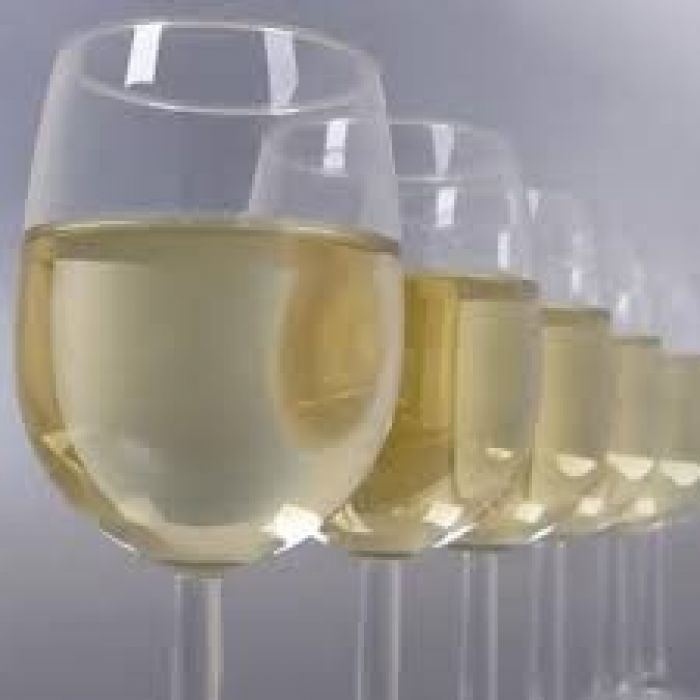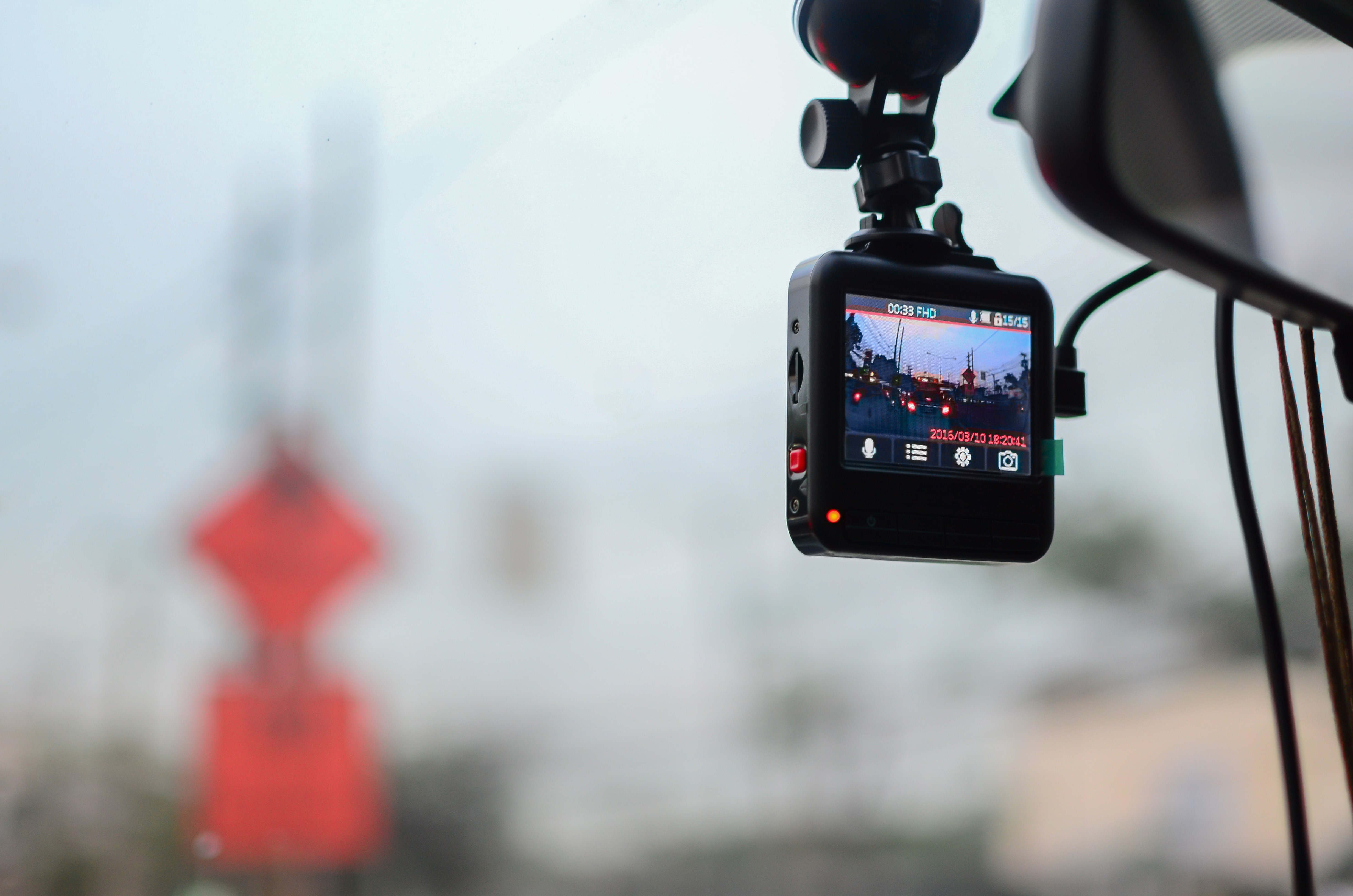
There have been many different landmarks in the history of wine, from its ancient origins and cultivation advances, through to more recent scandals and institutions; key events have ranged from the development of better production techniques, to the creation of national standards in France for appellation. These, and other events, have helped to shape the history of wine over the centuries.
6000-3000 BC
Evidence has been found of wine being produced in ancient Mesopotamia and Egypt, with methods including fermenting grapes in cakes, using variations on the basic winemaking processes used today.
1000 BC
The Ancient Greeks and Romans also produced wine, with the Greeks developing a Mediterranean wine culture, as well as scientific methods for viticulture. The Greeks also traded wine around their empire. A similar approach was taken by the Romans who placed wine at the centre of their culture, and also trafficked it around the world.
1152
With most wine making shifting to monasteries, Britain became the chief importer of wine from Bordeaux by the century after the Norman Conquest. Monasteries in areas like French Champagne and the Rhine Valley in Germany became staple vineyards. The Hundred Years War between France and England, however, cut off trade until the 15th century, leading to port becoming more widely available in England.
1224
France’s growing reputation for wine was signaled by the first international wine tasting event, held within the country by the King of France. A Cypriot wine reportedly won.
1751
Many countries in Europe suffered the devastating effects of phylloxera, which involved a grape vine louse infesting vineyards across the country; this was introduced into European vineyards from America, and eventually wiped off around 90 per cent of European vineyards.
1756
Portuguese winemakers developed more sophisticated forms of appellation, which uses a system of geographically defined wines as a way of linking particular vintages to an area.
1867
The world’s oldest bottle of wine was discovered in a set of Roman ruins, and was dated to around 325 AD - the wine is still available to view in a German museum, though there is no indication if it is a red or white wine.
1869
The discovery of pasteurisation enables much safer wine production, as well as more efficient fighting of disease and infections within vineyards.
1900
The American wine business flourishes in Northern California, with leading producers and vineyards beginning to challenge the long held supremacy of French and German vineyards.
1905
The French Government created the Institut National de l’Origine et de la Qualitie in 1905 as a way to regulate the production of wine in the country; standards have subsequently been set for production and exporting.
1911
Champagne wine riots take place in France, the response to crop losses and the economic devastation of many regions.
During the 20th century, the international wine market also opened up to include vintages from South Africa and Australia, while general production methods improved as the result of computerised bottling and the ease by which wines could be transported around the world.
At the same time, however, the wine industry has experienced a number of scandals, including the 1985 Diethlyne Glycol incident where illegal substances were found in bottles of Italian wine.
About the Author:
Rosette is a food and wine writer who regularly contributes to a range of food and drink websites and blogs. She loves white wines and enjoyed a great Penfold Chardonnay.














